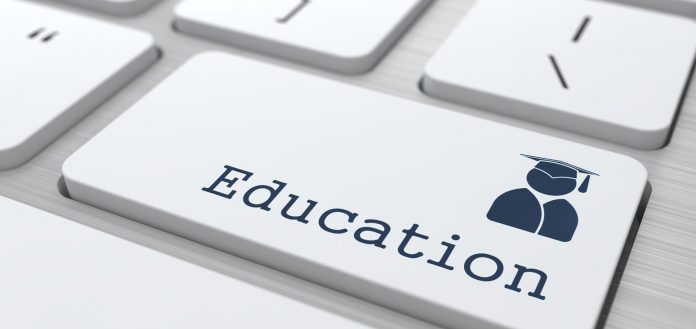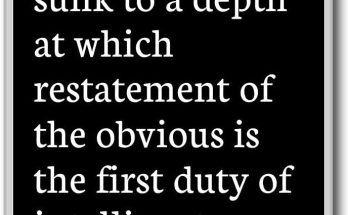By AYENI Otito-Jesu J.
An educational publisher, Anthony J. D’Angelo once said: “Develop a passion for learning. If you do, you will never cease to grow.” This statement is a pointer to the fact that a mind ready to know, is a mind ready to grow and a mind that knows is a mind that is free.
Education in this context is the impartation and communication of knowledge (formal/informal) which helps in mind development.
Distinguished readers, it is somewhat believed that education plays a significant role in any serious nation’s development. In other words, for development to take place in a country, such country’s government and relevant stakeholders are expected to take issues of education seriously. But talking of education in Nigeria, the educational sector is faced with a myriad of problems hindering Nigeria herself from developing. A typical example is the ongoing Academic Staff Union of Universities (ASUU) strike which has lasted over 60 days. Yet, there has been no print of astute resolution as regards resumption because of the rough surface of understanding blocking the smooth ride of dialogue. Rather than resolving it conclusively, inconclusiveness has been revolving over and over.
Asides the formal system, the informal setting is decaying because of the lack of moral teaching and behavioural reimbursement. Also, the respective individuals that are to imbibe characters of change in others are reluctant to do so due to personal reasons and even parental retractions. Hence, the destruction of the informal setting.
Furthermore, education is a crucial prerequisite to national development such that having an educated country helps keep the society under control especially when educated ones are in control. One thing to note is that the more people become educated, the more enlightened they are. The more enlightened they become, the more they would abstain from practices endangering the nation’s efforts of development. For example, it is no doubt that the educated ones should perform nothing less than expectation by being responsive and responsible citizens by obeying state laws and regulations (which originates from the mind) but it is so pitiful that this is not the case in Nigeria.
However, education is something that should not only affect a society but the individuals living in the society including their behaviours too for the reason that with proper education, every individual is expected to cognize how his or her actions and behavior affect the society. That is why there is need for proper informal education such as teaching of morals and explore into home trainings amongst others as those are some of things that make up an individual even if he has undergone formal education within the structure of a school. For with informal education, an individual is taught some societal values and ethics which formal education might not provide.
In addition, the impact of education on national development is such that it creates an avenue for more participation in politics considering that for every nation, the practice and involvement in politics require the activeness, participation and contribution of every citizen (both the rich and the poor). For interestingly, if there is proper political education, (not just teachings on voting and campaigning but the beneficial effects of active participation), there will be no reason for political apathy as that will expose the citizens to good, fair and proper political participation that will spur them to decide who really, is the saviour of the nation.
Finally, education according to Nelson Mandela, is the most powerful weapon which you can use to change the world. Hence, it can be seen that for a nation to develop, one of the basic requirements is to ensure that education is taken with no levity and this is also a responsibility of every individual as the culmination of both the formal and informal educational system can facilitate the growth of all the citizens and those in the governance who can come together to achieve success geared towards national development.




